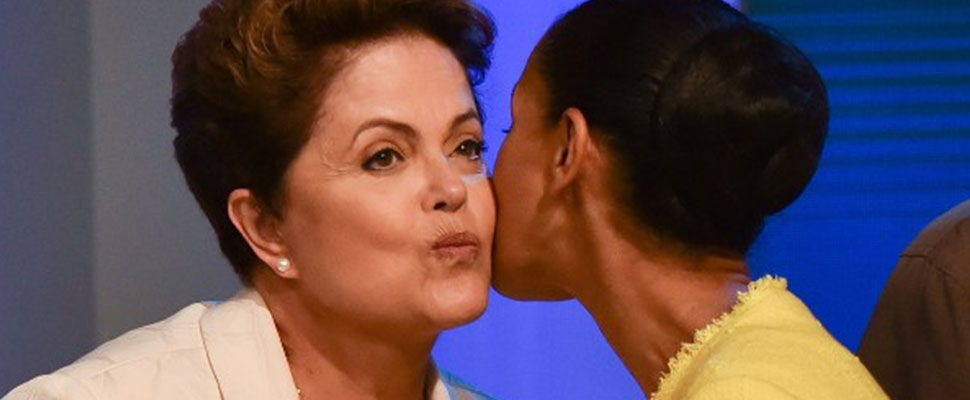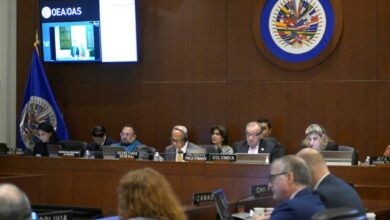Brazil: in political participation there is no equality for women
According to the Inter-Parliamentary Union, Brazil has the 4th lowest proportion of women in congress

Since 1997 with the Electoral Law 9540, in Brazil political parties must register at least 30% of women as candidates. However, the now former judge of the Superior Electoral Court of Brazil (TSE), Luciana Lossio, says that the law is creating ghost candidates where women register simply to fill the quota and not because they really want to be elected. The newspaper El Tiempo from Colombia tells the story of Danielle Silva Lopes, who was nominated in 2016 to be a councilor of Sao Paulo by the Christian Social Democratic Party, and although she had expressed no interest, the surprise was that on Election Day she appeared in the card. In the end she had zero votes.
Leer en español: Brasil: en la participación política no hay igualdad para las mujeres
In Brazil currently less than 15% of the seats occupied by women, according to the TSE, and in the ministerial cabinet of Michel Temer, there is only one woman. For Lossio, "the quota law was designed to fail. It is a legal fiction," although the parties say that for the 2018 elections real candidates will be registered and their candidacies will be promoted, according to the TSE. According to Lossio, the flaw lies in the fact that there is no rule that mandates assigning resources proportionally.
Read also: Women in power in Latin America
Argentina: efficient quota law
Women represent, in Brazil, according to the Brazilian Institute of Geography and Statistics (IBGE), 51% of the electorate. However, their presence in politics is still lagging behind. On the other hand, in Argentina, despite starting in the decade of the 1990s with a similar quota law, progress has been noticeable and female participation has increased substantially in the last 20 years.
In 1991, Law 24012 -Female Fees Act- was sanctioned in Argentina, being the first country in the world to adopt a minimum quota for women for legislative candidacies. With the passage of the last decade of the twentieth century, female participation increased and in 2002 Law 25674 was passed, which also regulated a percentage for trade union associations.
After the adoption of quota laws, Brazil and Argentina took different paths, starting from an equal quota: 30% in candidatures. While Argentina even already regulates the participation of women in unions, in Brazil the ghost nominations will be the great challenge of 2018, where not only the president will be chosen but also congressmen and governors.
Quota laws: only the first step
For Argentine lawmakers, according to a study by Jutta Marx, Jutta Borner and Mariana Caminotti, entitled "Gender quotas and women's access to Parliament", although the participation of women should not be regulated by law, they are a form of positive discrimination for which it must start. In the Argentine case, the laws were the impulse to promote a gender equality that nowadays no longer depends on these laws, because the woman participates by conviction and not by obligation. In Brazil, according to these academics, the difficulty also lies in the lack of interest of women to reduce the gap between women and men, as well as the lack of incentives on the part of the State to give them guarantees of victory and equality in the campaign.
LatinAmerican Post | Carlos Eduardo Gómez Avella
Translated from "Brasil: en la participación política no hay igualdad para las mujeres"




